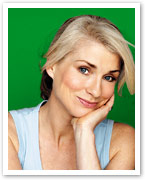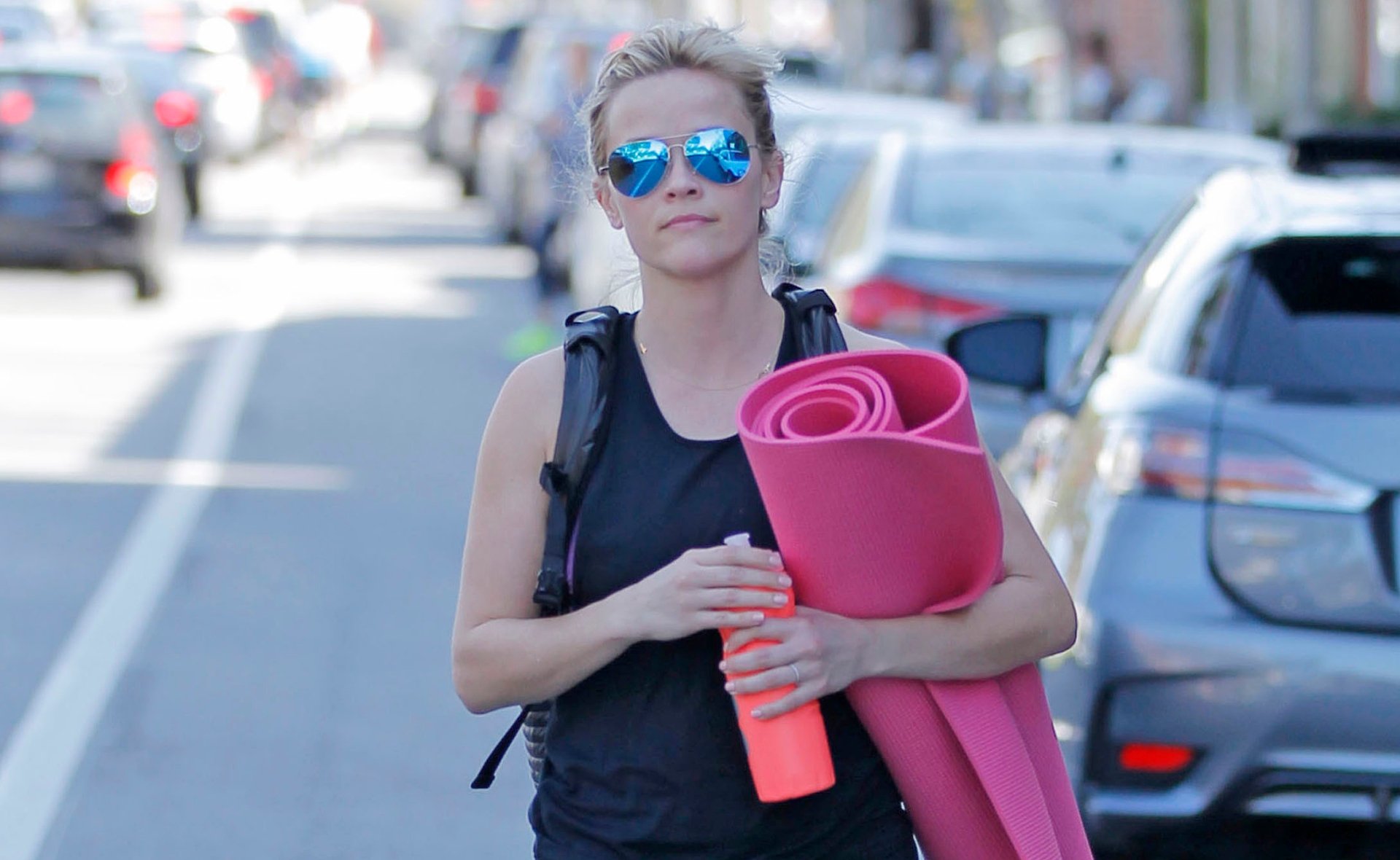Now that daylight saving is over and the temperature has dropped I can’t stop thinking about food. I’m eating much more toast and pasta and don’t feel like eating nearly as much fruit and salad. I really don’t want to gain any weight. What do you suggest?
Kim — Geelong
It’s quite common to eat more carbohydrates during autumn and winter. Carbohydrates like bread, rice, pasta, cakes and biscuits are the preferred source of energy by the body, and when we’re cold we choose these foods as a quick fuel to heat up.
The first strategy is very simple. If you think this could be the reason for extra carb consumption then wear some warmer clothes!
There is also a condition called SAD (seasonal adjustment disorder) a condition that effects women more than men. During dull weather and reduced hours of sunlight we can become anxious, depressed or just plain “blah” (out of sorts). When carbohydrates are eaten the brain makes a chemical called serotonin which makes us feel good and aids sleep. They are comforting and feel like an internal blanket has been wrapped around us. The treatment for SAD is not as simple as putting on another layer of clothing, but it can be eased by taking the herbal supplement St John’s Wort, spending as much time in the sunlight as possible, lying under a sunbed, or eating foods rich in Vitamin D. These foods include cod liver oil, eggs, fatty fish like salmon, mackerel and sardines and liver. Other foods which may help to lift seasonally adjusted depression include wholegrain cereals, nuts and seeds, garlic, cayenne pepper, ginger, fennel, dill, coriander and basil.
While you are working through this you must at least ensure that you are eating the best possible carbohydrates. These are wholegrain carbohydrates and include bulgar, oats, barley, wholegrain bread, legumes and wholemeal pasta. Not only do they contain more B vitamins to help to fight mild depression, they also have a low GI and will keep you feeling sustained for longer.




